1. Unconditional Love
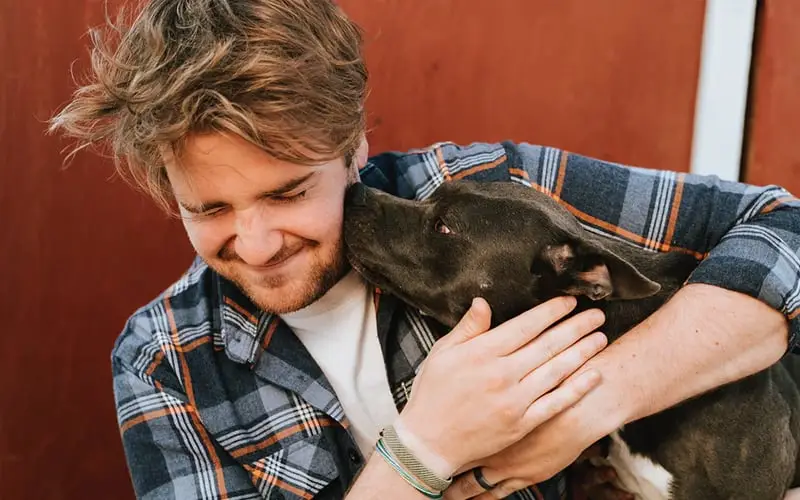
One of the most beautiful aspects of animals is their ability to love us unconditionally. Dogs, cats, and even smaller pets like rabbits and guinea pigs greet us with excitement, no matter what kind of day we’ve had. This kind of devotion can be hard to find in human relationships, yet animals seem to give it freely. They don’t judge us for our mistakes or shortcomings, and their love is always available, even when we feel undeserving. If you’ve had a rough day, your dog will still wag its tail happily when you walk through the door, and your cat will curl up beside you, offering comfort. This unconditional love is part of the reason pets become such cherished members of our families.
They don’t expect anything in return; they simply want to be with us. As discussed by Company of Animals, this selflessness is a constant reminder of the value of love without strings attached. In a world where conditions often govern relationships, animals show us the purest form of affection. Their love offers a much-needed respite from the complexities of human interaction, reminding us that sometimes, love just is. It’s this kind of loyalty that makes the bond between humans and animals so special.
2. Protective Instincts
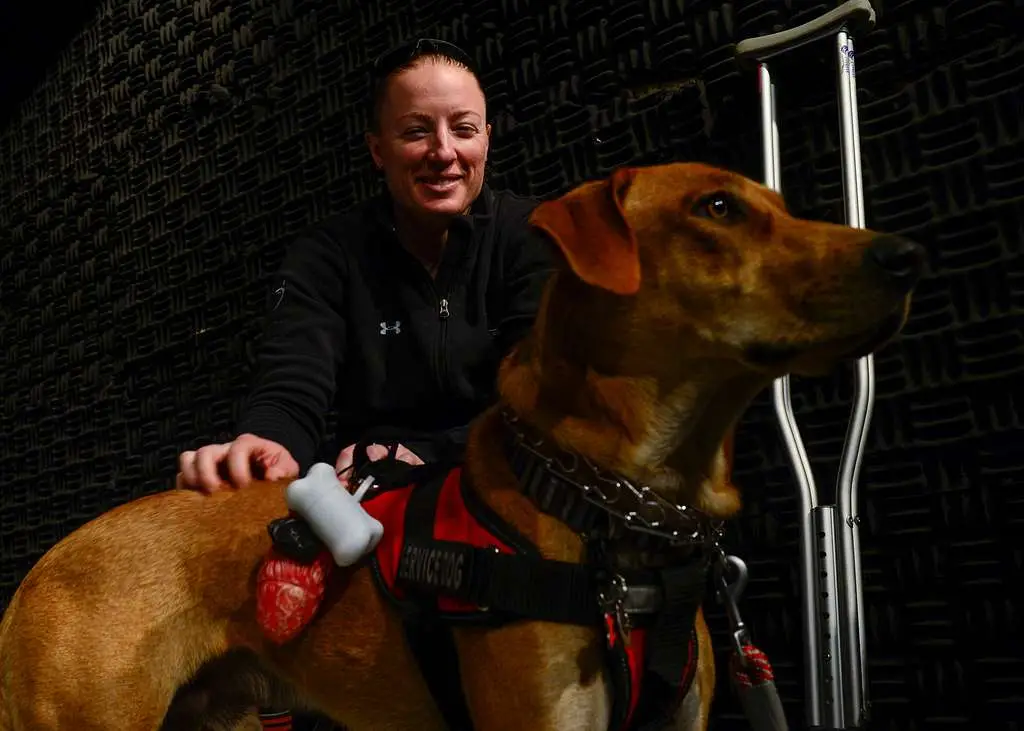
One of the most incredible demonstrations of loyalty is an animal’s protective instincts toward their human companions. Dogs, in particular, are known for this, often placing themselves in harm’s way to shield their owners. It’s not unusual for a dog to defend their human from a perceived threat, even if it means risking their own safety. For example, as discussed by Newsweek, there have been countless stories of dogs alerting their owners to danger. In some cases, animals have even been known to physically intervene in dangerous situations. Police and military service dogs are perhaps the most well-known examples of this type of loyalty, as they put themselves in life-threatening situations to help humans in need.
But this protective nature is not limited to just working animals. Household pets have been known to exhibit similar behaviors, from guarding children from strangers to protecting elderly owners from accidents. This instinct to protect, without hesitation or fear of danger, is a clear indication of how deep the bond between animals and humans can go. It’s a reminder that loyalty isn’t just about companionship—it’s about standing by someone’s side when they need it most. It’s difficult to imagine a human relationship where this kind of selfless protection would be so freely given.
3. Empathy for Our Emotions

Animals seem to possess a unique ability to sense and respond to our emotions in a way that is both comforting and surprising. Whether you’re feeling sad, anxious, or unwell, your pet may instinctively understand and provide emotional support. Dogs, for example, have been shown to detect changes in their owner’s mood through body language, tone of voice, and even scent. If you’re feeling down, your dog may nuzzle you, climb into your lap, or simply sit quietly beside you, offering comfort without asking for anything in return. Cats, too, are known to sense when something is off, and will often curl up next to their owners, offering warmth and companionship during times of distress. This deep emotional connection goes beyond basic care. According to Hill’s Pet Nutrition, animals seem to have an innate ability to understand human feelings, sometimes even better than we understand ourselves.
Some studies suggest that pets can even lower blood pressure and reduce feelings of anxiety by simply being present. This kind of empathetic response is not something we can always expect from other humans, yet animals deliver it with such ease. It’s as though they can tune into our emotional frequency and offer exactly what we need to feel comforted. It’s no wonder that animals are often used in therapy and emotional support settings, as their ability to connect with our emotions provides us with a type of healing that words alone cannot.
4. Forgiveness Without Hesitation

According to Live Science, one of the most humbling traits of animals is their ability to forgive. Unlike humans, who may hold grudges or struggle with forgiveness, animals seem to possess a remarkable capacity to let go of any mistreatment or neglect. A dog, for instance, will often forgive a harsh word or an unintentional accident within minutes. After a scolding, the dog might be back to wagging its tail, eager to be petted and loved again. Cats are similar, sometimes withholding affection for a short period if they feel slighted, but they too will eventually return, offering their companionship and trust once more. Even animals that experience neglect or abuse at the hands of humans often find it within themselves to forgive and move on.
Rescued animals, especially those from abusive environments, frequently show signs of forgiveness, eventually forming strong bonds with their new caregivers. This ability to forgive so quickly and without malice is something we often struggle with as humans, especially when we’ve been hurt. Animals don’t dwell on the past or hold grudges; they simply move forward, ready to love and trust again. This shows a level of emotional resilience that we can all learn from. Their loyalty is unwavering, even in the face of mistreatment, which makes their forgiveness all the more remarkable.
5. No Expectation of Rewards
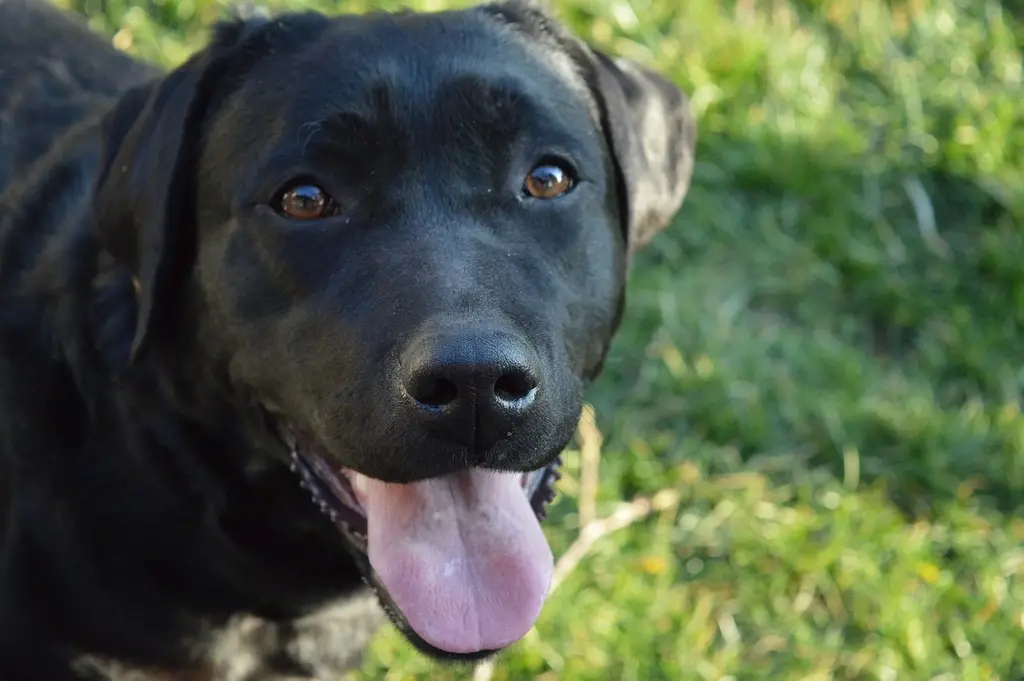
As discussed by Dr. Gilda Carle, unlike many humans, animals often show loyalty without expecting anything in return. Pets like dogs and cats perform acts of love and affection without any need for external rewards. A dog will eagerly play fetch, not for a treat but because it wants to make its human happy. Similarly, a cat might curl up on your lap not for food or attention but simply because it enjoys your company. Animals often do things purely for the joy of connection, without calculating what they will gain. In the wild, animals like dolphins have been known to help humans, guiding them to safety or assisting with rescues, all without seeking any form of payment.
They don’t perform acts of kindness for fame, glory, or a reward; they do it out of instinctive loyalty or an inherent sense of kinship. This gives us a rare opportunity to experience love that is given freely, without strings attached. It’s a reminder that loyalty can exist without conditions, and that some of the most valuable acts of kindness are those that come without any expectation of recompense. This kind of loyalty is something we should treasure and strive to emulate in our own relationships.
6. Deep Bonds Across Species
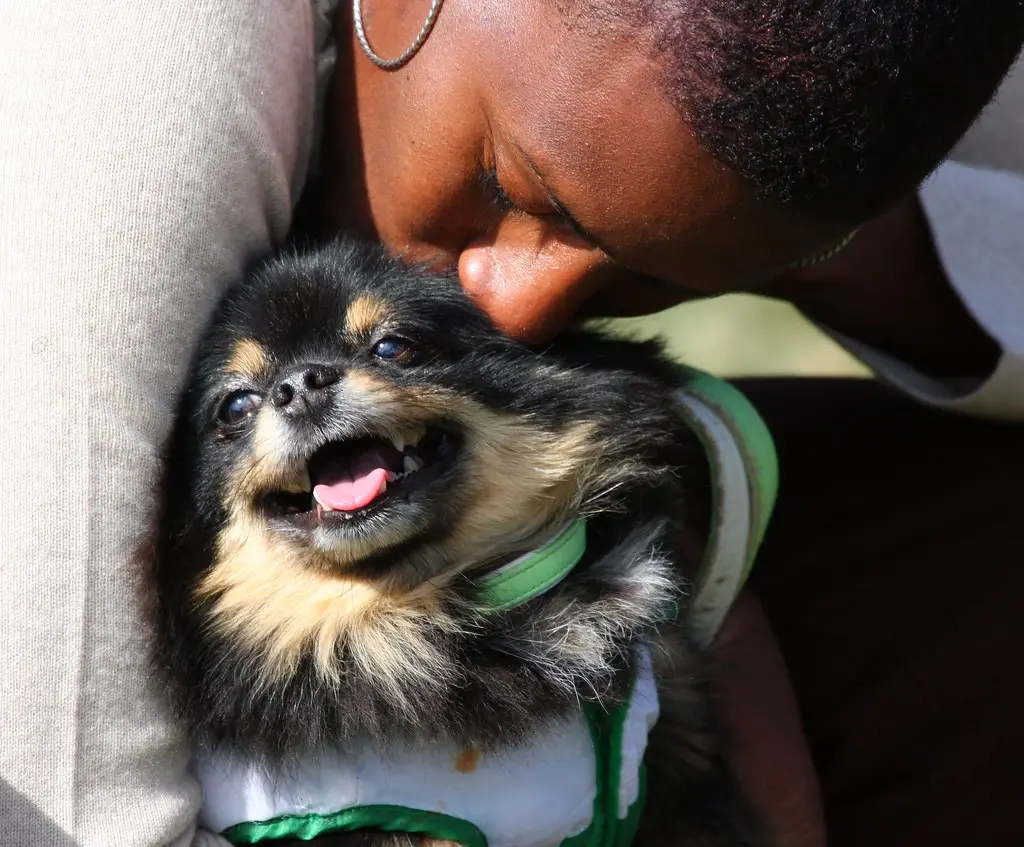
Animals don’t just form loyalty with their own kind—they are capable of forming deep bonds with humans and other species. There are countless stories of animals who have developed strong, affectionate relationships with humans, even when they are not domesticated. Elephants, for example, have been known to form lifelong bonds with humans who’ve cared for them, offering their protection and affection in return. Dolphins are another example of animals that forge deep connections with humans, sometimes even working with us in the wild to help fishermen or guide lost swimmers to shore. These bonds show that loyalty is not restricted by species; animals can develop a profound sense of attachment and loyalty to those who treat them with kindness, regardless of whether they are a fellow elephant, a human, or another animal.
In many cases, these cross-species relationships form through shared experiences or mutual care, leading to a lasting trust that transcends the boundaries of biology. This demonstrates that loyalty isn’t just about familiarity—it’s about connection, respect, and understanding. The emotional depth of these bonds reminds us that loyalty is not a one-way street but something that can flourish through mutual respect and care.
7. Sacrificing for Us
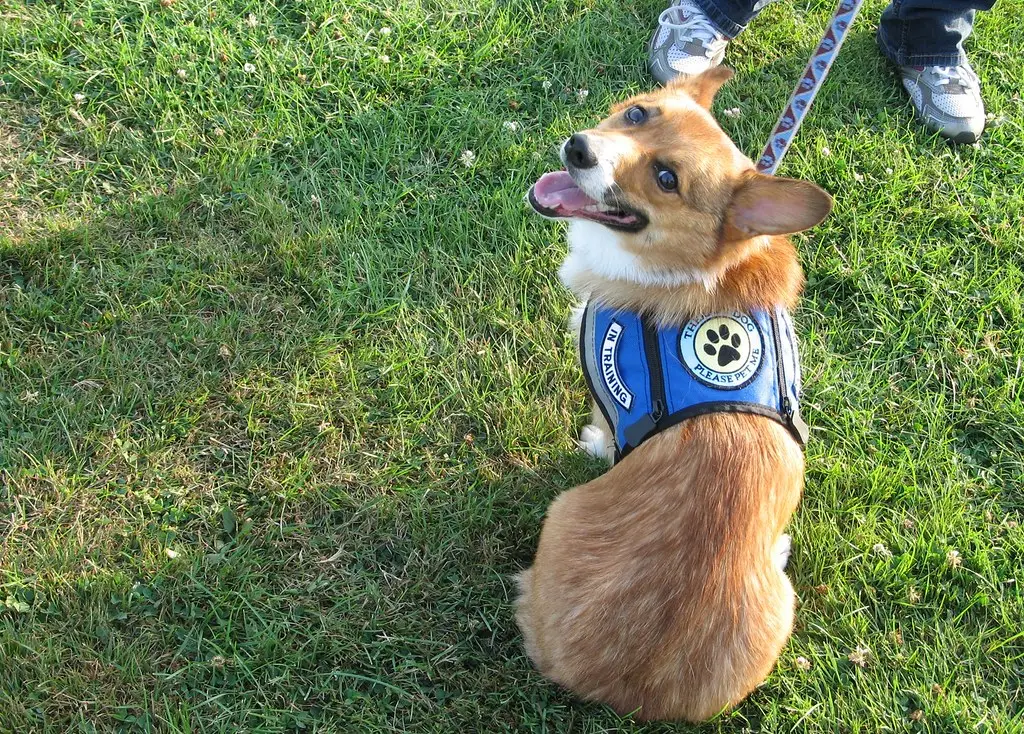
Animals have been known to make sacrifices for their human companions in ways that are both heart-wrenching and inspiring. Military and service animals, such as dogs, often risk their lives to protect soldiers, officers, and civilians. In battlefields, these dogs have been trained to detect explosives, often putting themselves in dangerous situations to save human lives. Horses, donkeys, and camels, once used as pack animals, carried heavy loads across harsh terrains, sometimes working tirelessly in extreme conditions. These animals did not hesitate to endure hardship to support their human caretakers. Even in modern times, pets may sacrifice their comfort to help their humans.
Therapy animals, for instance, are willing to spend long hours providing emotional support, never once questioning the effort required. The sacrifices made by animals often go unnoticed, but they are no less significant. Their willingness to endure discomfort for the sake of our well-being is a profound display of loyalty and love. It’s a reminder that animals give more than we may ever realize, and their sacrifices often go unthanked. This loyalty, shown through action, teaches us the importance of empathy and gratitude in our relationships with animals.
8. Nurturing Without Hesitation
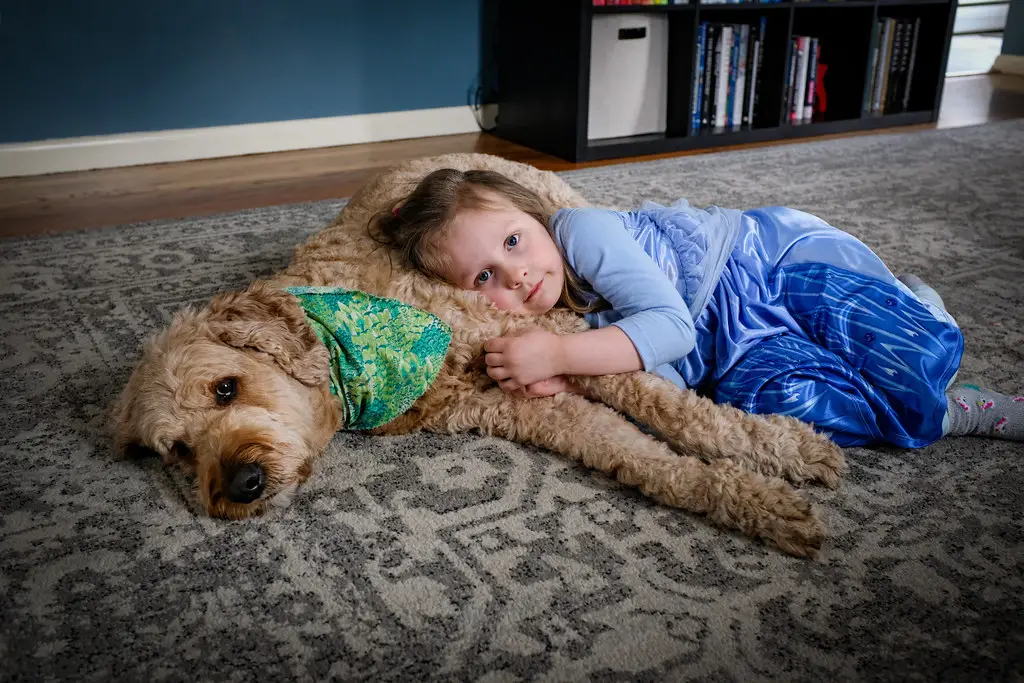
The instinct to nurture is one of the most powerful examples of loyalty in the animal kingdom. Mother animals, such as elephants, lions, and primates, display an unwavering commitment to the care and protection of their offspring. These mothers will go to great lengths to ensure the survival of their young, sacrificing their own safety, food, and comfort to give them the best chance at life. This nurturing behavior doesn’t end with the birth of offspring; it continues as they guide and protect their young until they are capable of standing on their own. Interestingly, some animals also show nurturing instincts toward other species, such as when a dog adopts a kitten or a cat becomes a surrogate mother for an orphaned animal.
Even animals that are not biologically related to us can demonstrate nurturing loyalty. Therapy animals, for example, often step into roles where they provide emotional support to those in need. These animals instinctively recognize the need for care and offer their presence, warmth, and love without hesitation. It’s a beautiful reminder of the profound loyalty that exists in nature, where nurturing is driven by an innate sense of responsibility and love.
9. Waiting for Us
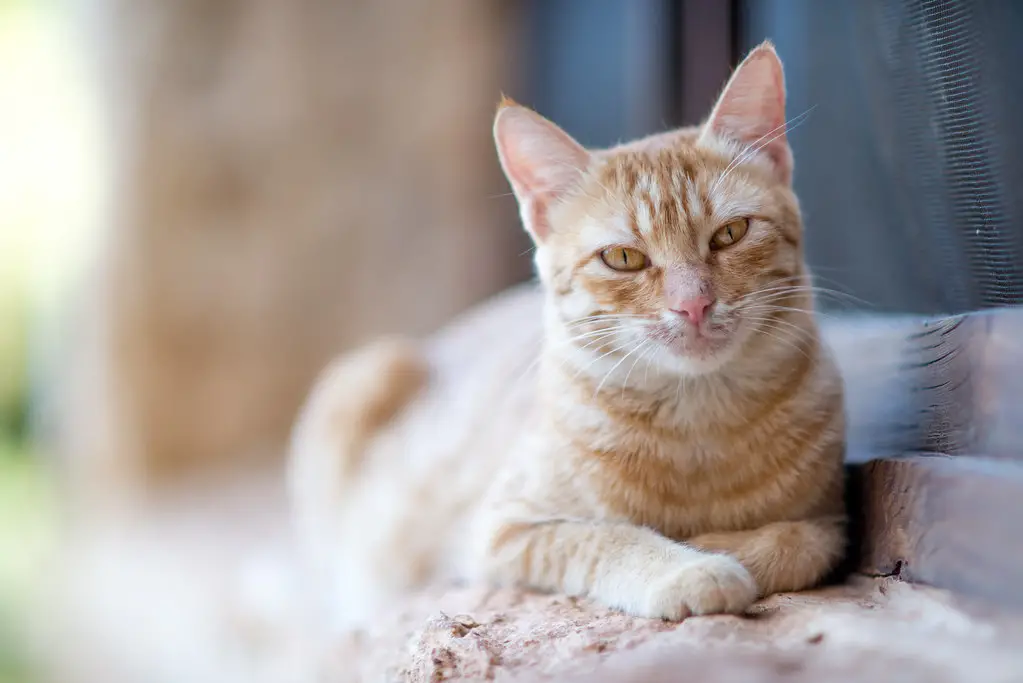
One of the most poignant demonstrations of loyalty is how animals wait for us, often with an incredible amount of patience. Dogs, in particular, are notorious for waiting by the door, hoping for their owner’s return. They don’t question if we’ll come back or wonder how long it will take; they simply wait, knowing that eventually we will. Cats, too, may wait for us to wake up or return home, sitting in our favorite spots or by the windows, observing the world until we’re back. Their loyalty is not contingent upon the amount of time we’ve been gone but on the belief that we will return to them.
Even when we don’t immediately respond to their needs, they stay loyal, knowing that eventually, we will come back around. This waiting can be seen as a form of faith—a belief that we’ll return to them no matter how long it takes. This unwavering patience is something we can all learn from, as it shows the true depth of loyalty animals have toward their humans. Whether it’s waiting for us at home, or waiting for a simple act of attention, animals show us that loyalty often means being there, no matter what.
10. Loyalty to the End
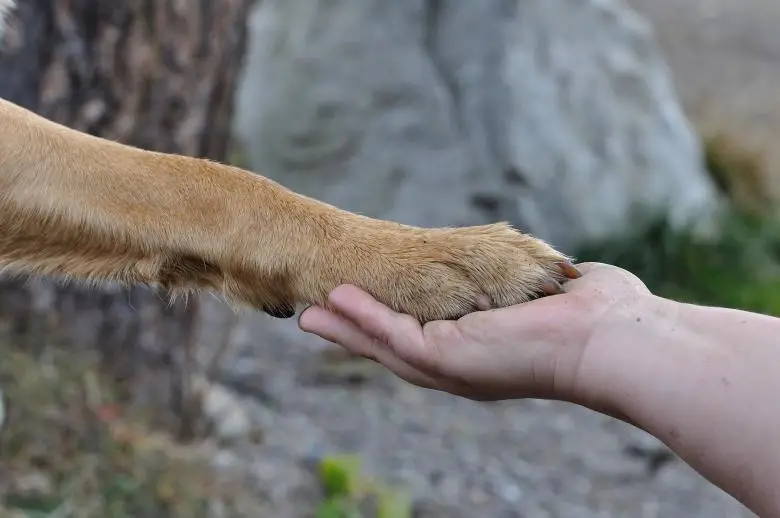
Animals have a profound way of showing loyalty, even in their final moments. Many pets stay close to their owners when they are nearing the end of their lives, offering comfort and companionship without asking for anything in return. Dogs, for instance, are known to remain close to their owners during times of illness, often sitting beside them, sensing their discomfort. Cats, too, may offer their warmth during a loved one’s final hours, providing solace and presence. For animals that have shared years of their lives with us, their loyalty doesn’t end with death.
There are stories of animals like elephants who mourn the loss of their companions or who return to the graves of loved ones, displaying a form of mourning that is deeply emotional. This loyalty extends beyond the physical realm and is often felt in the absence of our animal companions. Their dedication is not bound by time or circumstance; it is an eternal bond. It reminds us that loyalty is something profound and lasting, carrying on even when a relationship has reached its natural conclusion. This loyalty, steadfast and unconditional, is a true testament to the unique bond we share with animals.


